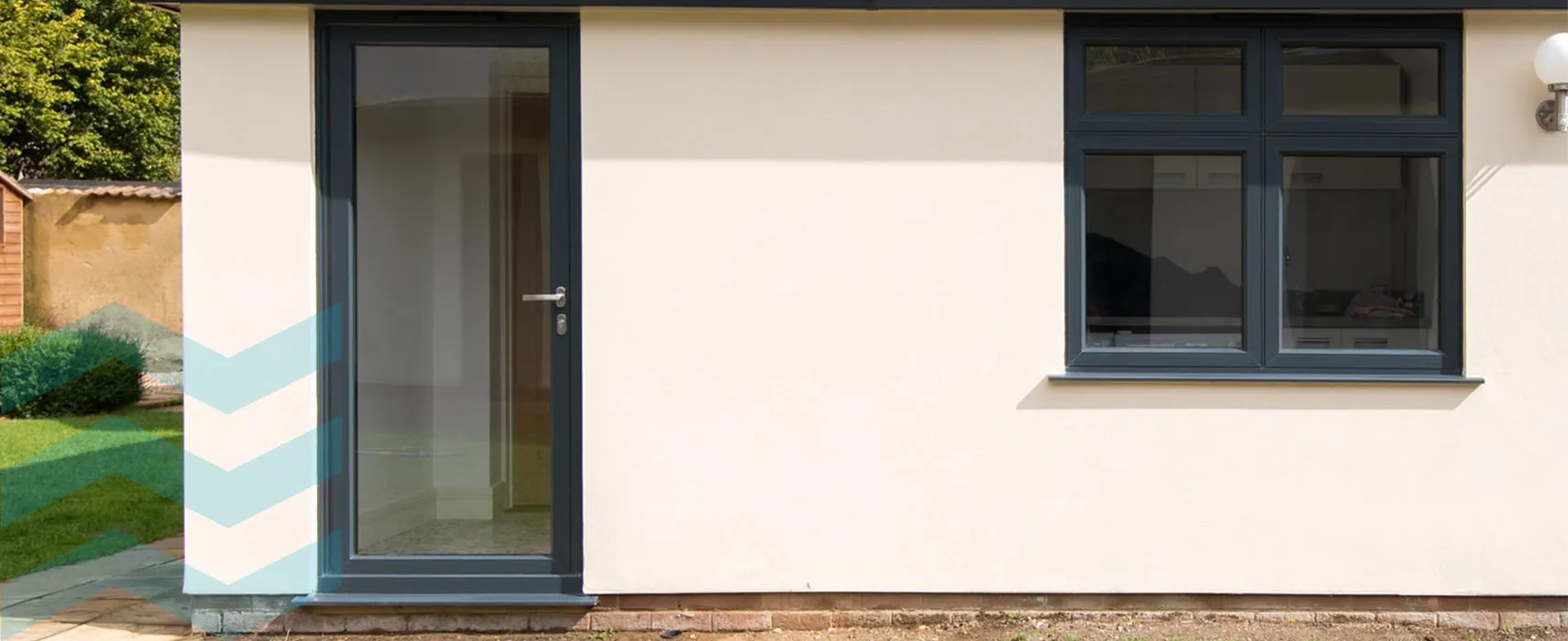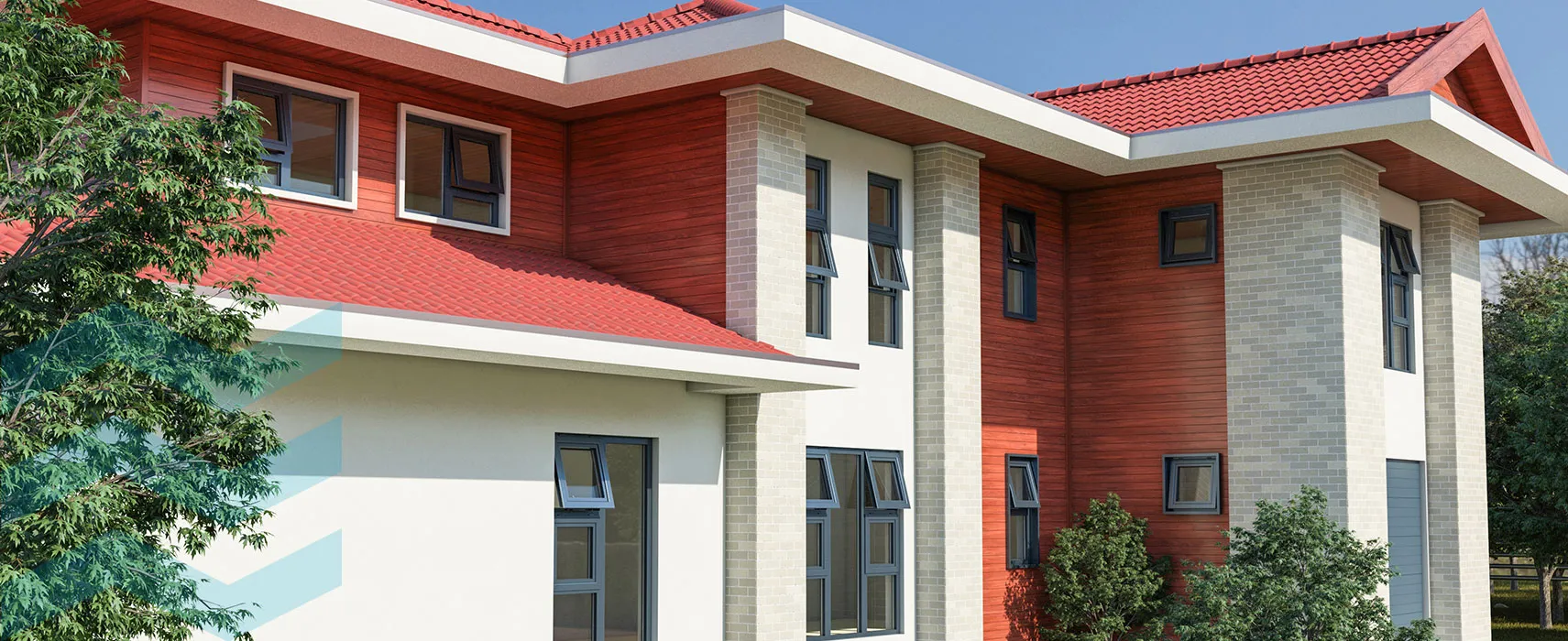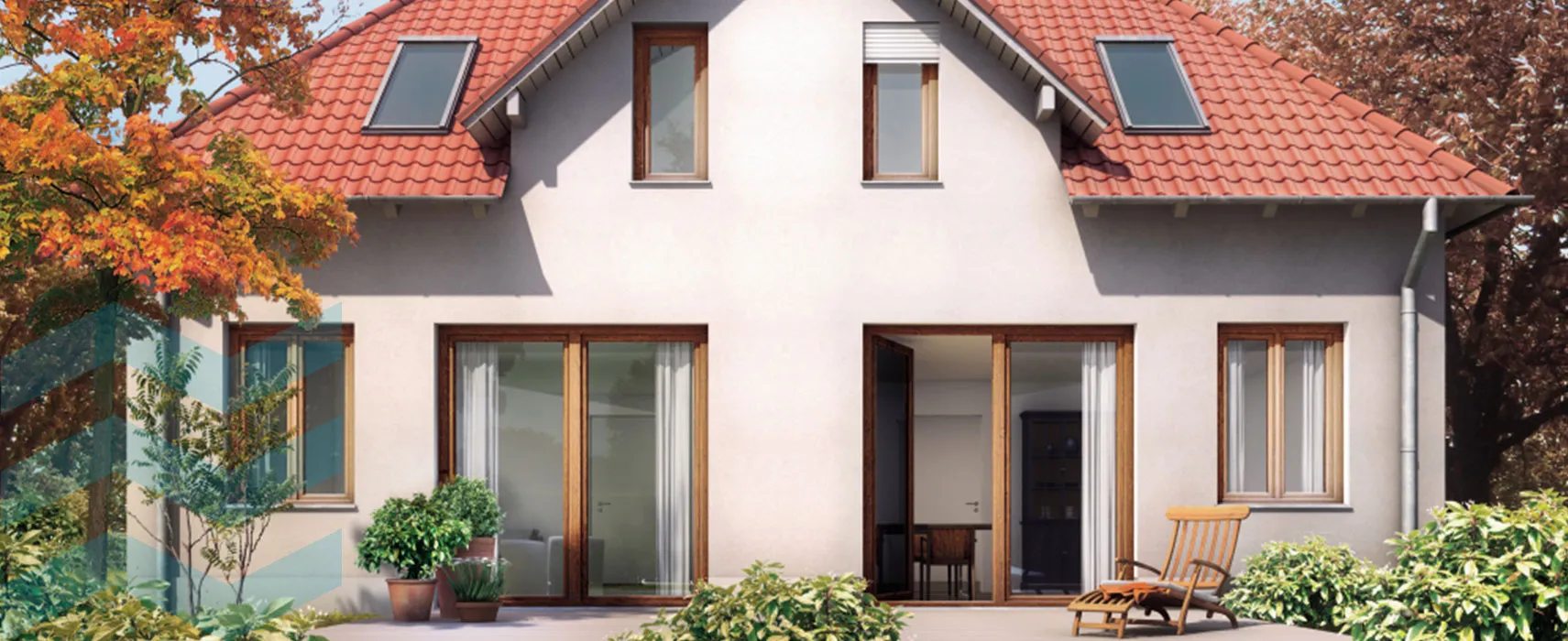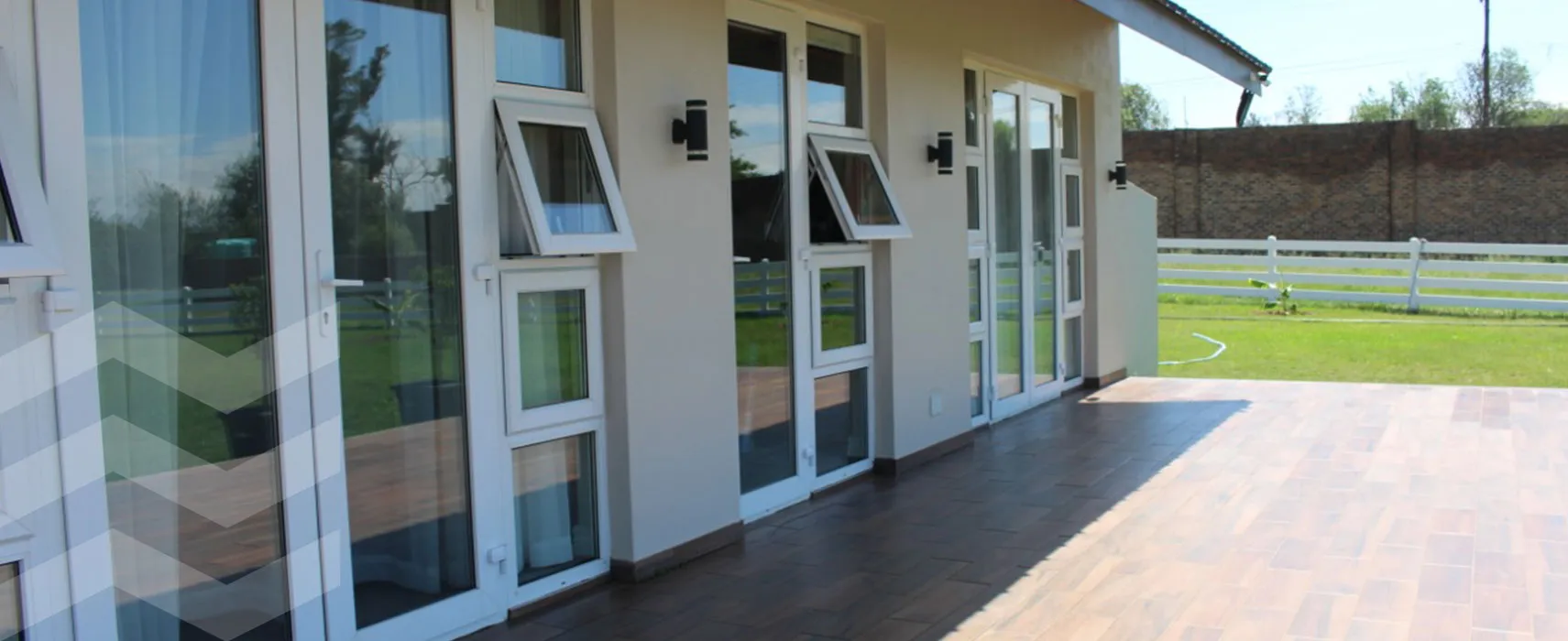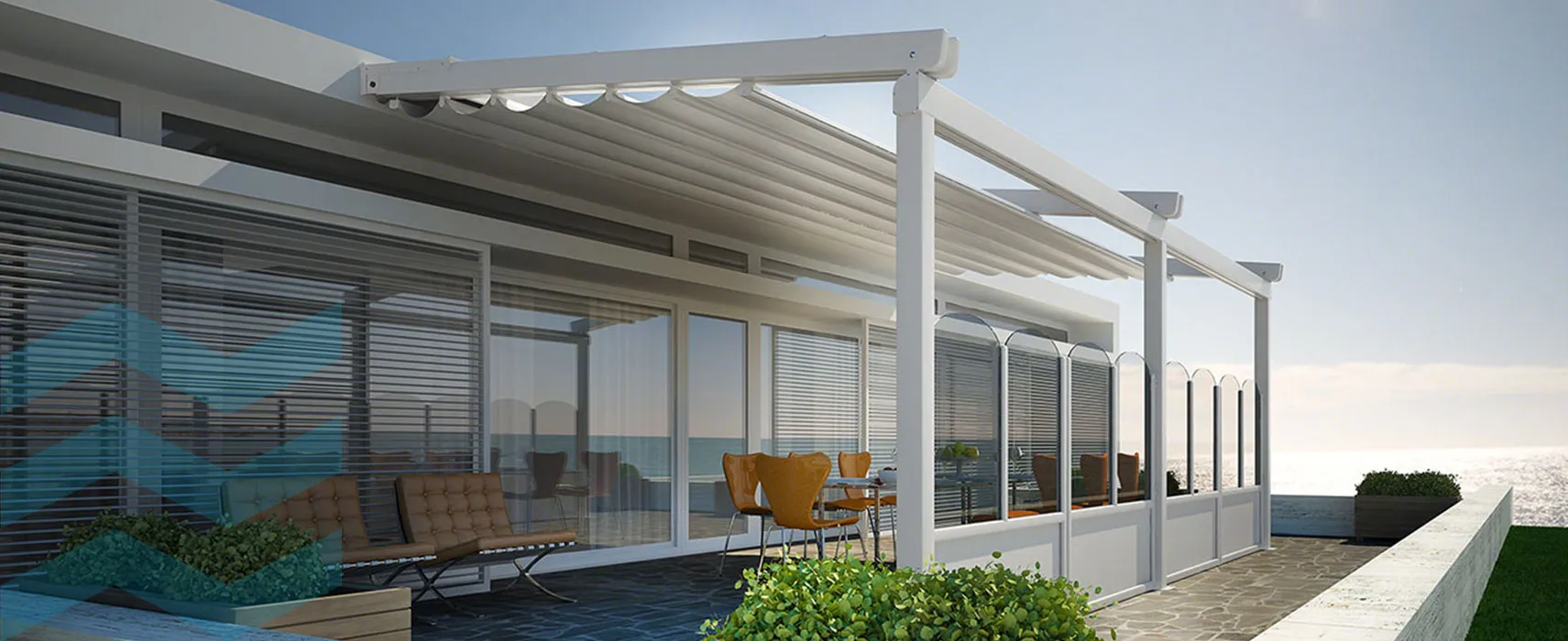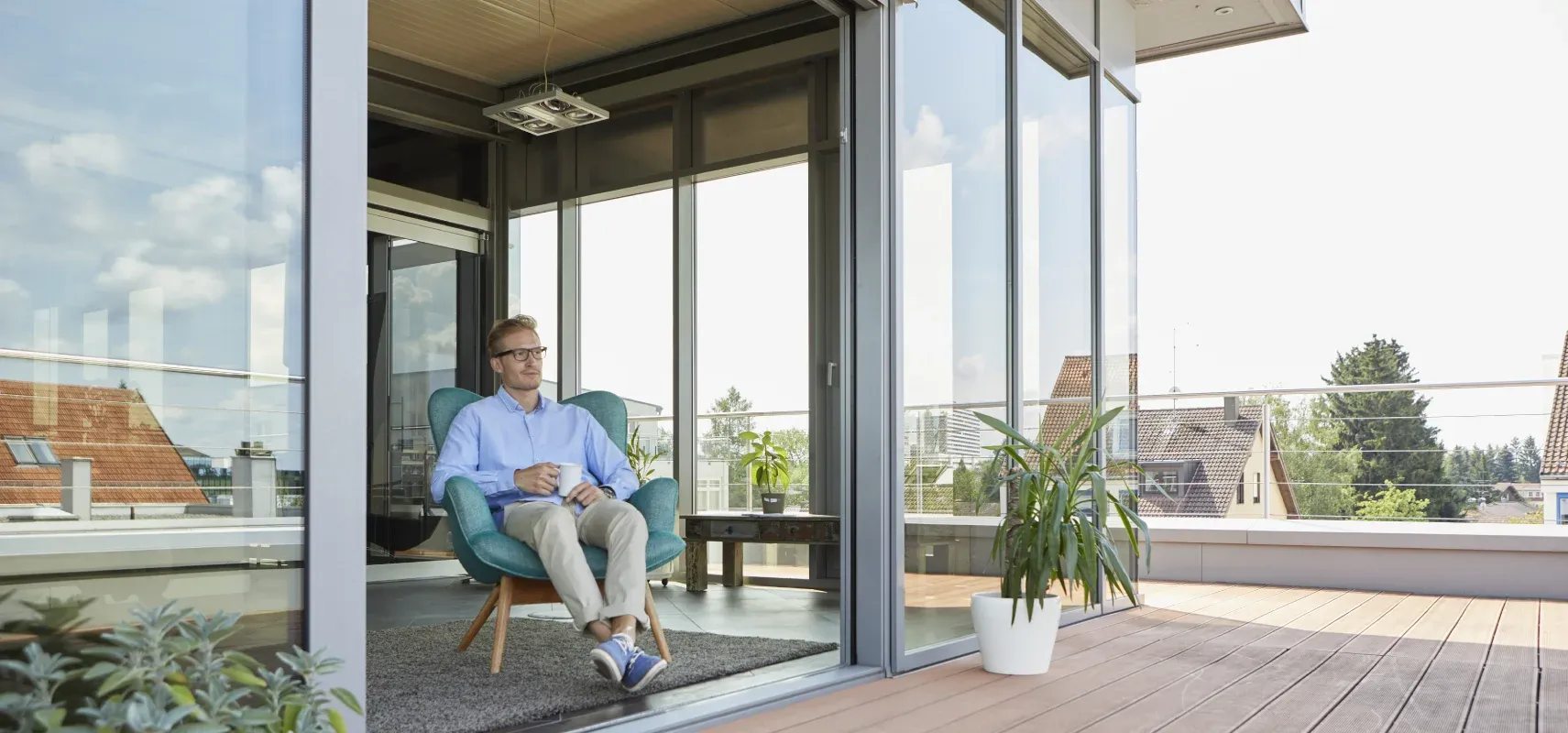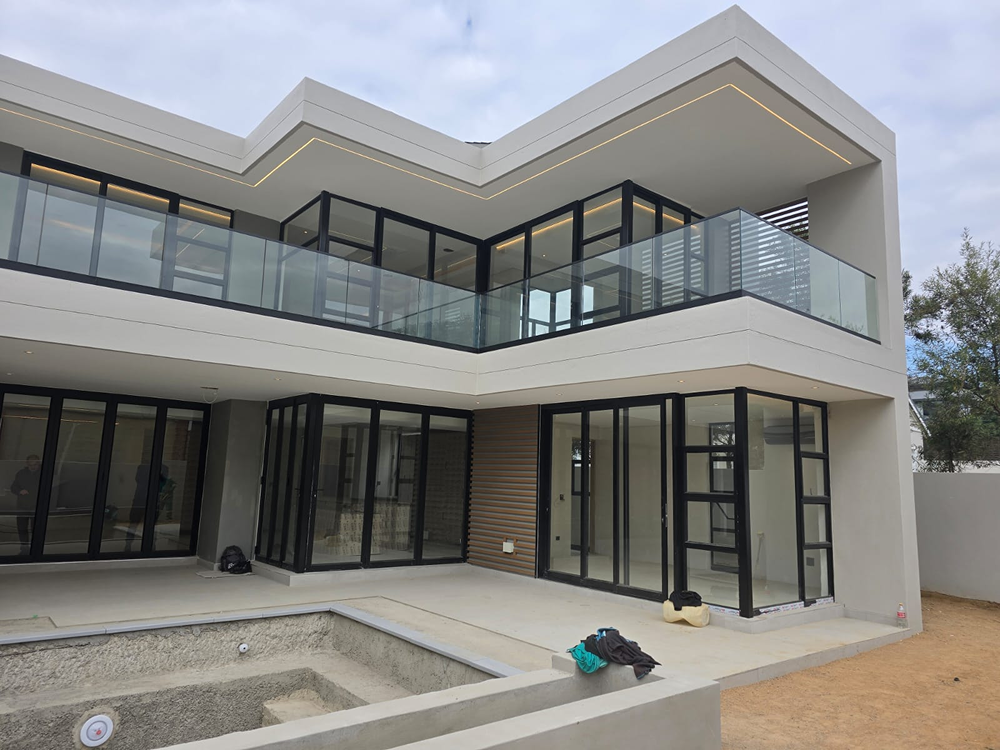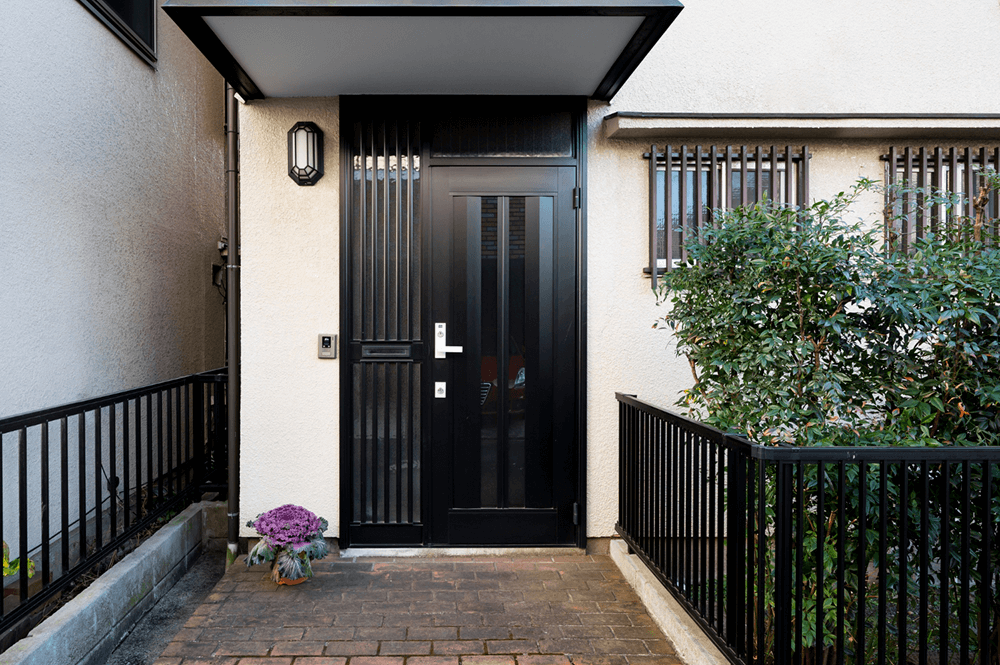
Noise-Reducing Window Solutions That Actually Work
In the bustling rhythm of South African cities, noise is often part of daily life. Whether it’s traffic outside your Johannesburg apartment, a neighbour’s lawnmower in Cape Town, or barking dogs in a suburban Pretoria street, unwanted sound can impact both your comfort and your well-being. The good news is, reducing noise pollution doesn’t have to mean turning your home into a sealed bunker. With the right window solutions, you can create a calm, quiet space that feels like a retreat from the outside world.
In this article, we’ll explore effective and realistic window solutions that truly work to minimise noise without compromising on design, natural light, or ventilation.

Why Windows Matter Most for Noise Control
Windows are one of the main ways sound travels into your home. Thin glass panes, poorly sealed frames, and gaps around the window allow external noise to penetrate your interior space. Even in homes with thick walls, the wrong windows can turn a peaceful room into an echo chamber for outdoor distractions.
This makes the window system—not just the glass, but also the frame and installation quality—one of the most important factors in managing residential soundproofing. The better the seal and material, the less sound can pass through.
Modern homes, especially those built with open-plan designs and large glass features, require even more thoughtful planning to maintain acoustic comfort.
Double and Triple Glazing: The Sound Barrier Advantage
One of the most well-known and reliable methods for noise reduction is double glazing. This involves two layers of glass with an air or gas-filled gap in between. The trapped layer acts as an insulator—not just for heat, but also for sound. Depending on the thickness and spacing, double-glazed windows can reduce outside noise by up to 60%.
For even more demanding environments—such as properties near airports, highways, or schools—triple glazing can offer superior results. The extra pane of glass and additional air gaps further dampen vibrations and sound transfer.
However, it’s important to note that glazing alone isn’t enough. The effectiveness also depends on frame quality and professional installation.

Frame Material and Sealing: Often Overlooked, Always Important
While glazing gets the spotlight, the frame plays an equally crucial role in noise insulation. Poorly sealed or hollow frames can undermine the best glass.
uPVC frames are known for their excellent insulation properties, both thermal and acoustic. Their chambered design and tight seals help reduce vibration and block sound. Meanwhile, aluminium frames—though naturally conductive—can also perform well when designed with thermal and acoustic breaks.
High-quality sealing around the window edges is also key. Gaps between the window and wall can allow significant noise leakage, so airtight fitting is essential. Weatherproofing elements such as compression seals and acoustic-rated gaskets can make a huge difference.
For homes in areas with persistent external noise, we recommend exploring our Soundproofing Window models specifically engineered for acoustic comfort.
Laminated and Acoustic Glass Options
Another important innovation in noise control is laminated glass. Made by bonding two layers of glass with a clear plastic interlayer, laminated glass reduces sound transmission by dampening vibrations. It’s a great option for reducing mid- to high-frequency noise, like human voices or traffic.
Acoustic glass, a step further, is engineered specifically for sound reduction and often used in recording studios, commercial buildings, or upscale homes in busy areas. It comes in various thicknesses and can be custom combined with double or triple glazing for maximum performance.
These types of glass also provide additional safety and security benefits, as they are harder to shatter than standard panes.

Realistic Expectations: Reduce, Not Eliminate
It’s worth setting practical expectations—no window system can make your home completely silent. The goal is to reduce disruptive noise to a tolerable level, improving comfort, sleep quality, and concentration.
A well-selected and professionally installed sound-reducing window system can make outdoor noise fade into the background, letting you enjoy your home the way it was meant to be: peaceful and private.
Homeowners doing renovations or building new properties would be wise to consider noise insulation early in the design process. Retrofitting is possible, but more complex.
At Elitech Group, we work with South African homeowners to identify the noise challenges in their environment and match them with the most effective glazing, framing, and sealing options available. From busy urban blocks to quiet retirement homes near the coast, we’ve helped create calmer, more enjoyable living spaces.
If peace and quiet matter to you, speak to Elitech Group about the right sound-reducing windows for your home.

